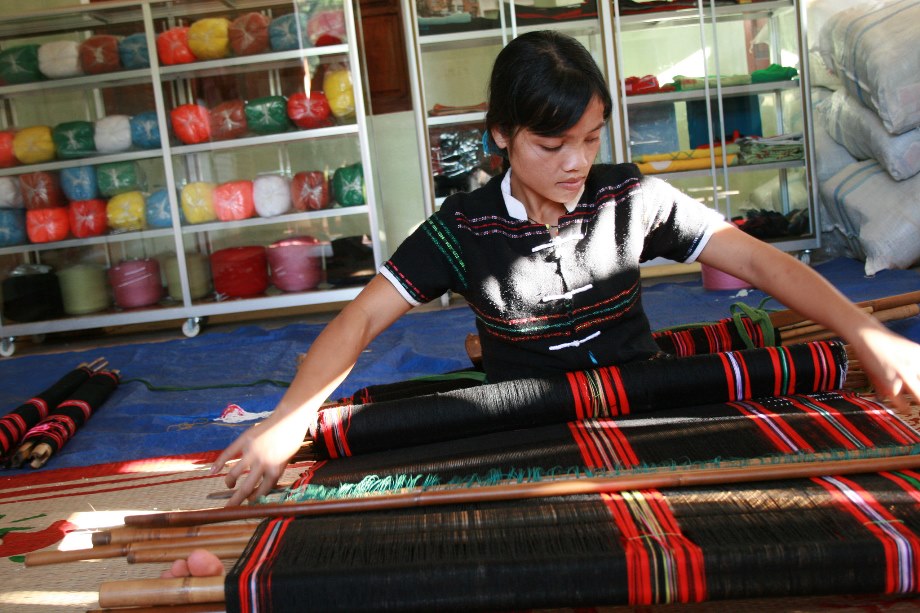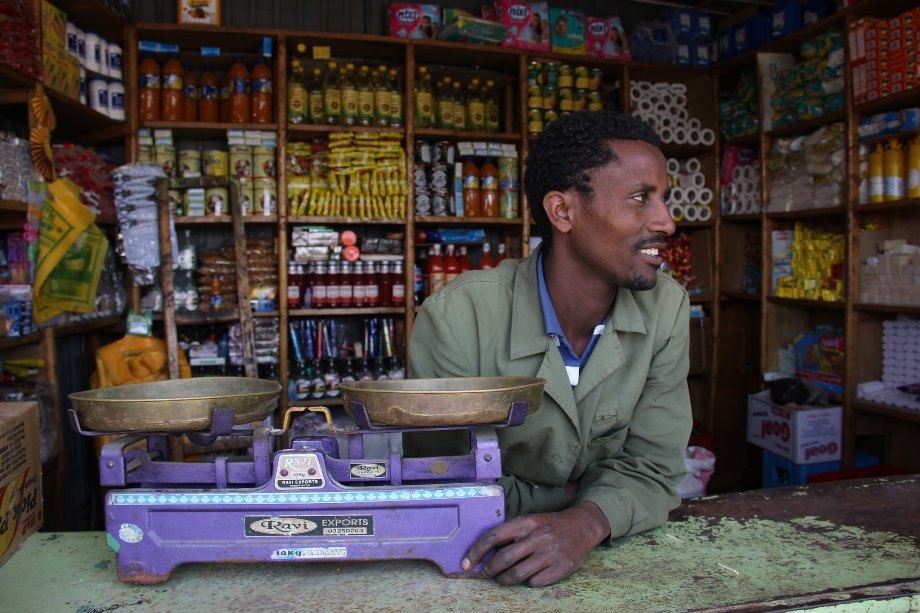Strategy: joining forces to support partners' development efforts

The EU-SPS strategy was to enable key governmental stakeholders to mobilise and make use of national expert institutions. This had the benefit of strengtheneing and institutionalising the local pools of expertise.
Regional and international expertise was also involved for short-term periods. In particular, organisations involved in the SPIAC-B process were to central to the EU-SPS.
SPIAC-B website
Collaborative approaches at different stages of the programme are outlined below.
Inception Phase (2015)
In the Inception Phase, potential partner countries were identified on the basis of the criteria set in the Programme Document. Consultations with those countries that expressed a strong political commitment were conducted.
List of partner countries
These consultations were followed by the identification of partner institutions and focus areas for the EU-SPS’s work. The initial country action/ work plans were then prepared in a participatory and country-driven manner.
Implemenmtation Phase (2016-2018)
In the beginning of the implementation phase the EU-SPS staff undertook intensive dialogues with national stakeholders in order to identify the priorities where the government can find the EU-SPS’s assistance most useful. This was followed by identifying and contracting the best national or regional expert institutions that were able to provide the needed expertise for the government. Joining forces with international organisations already working with the governments was central piece to the EU-SPS’s strategy.
Disseminating results (2019)
Finally, the EU-SPS produces global goods: guidance for future development cooperation in the social protection field. These guidelines are being derived from the knowledge and experiences of the 10 partner countries and their cooperation partners. EU-SPS staff are also active in disseminating knowledge through international events and seminars.





